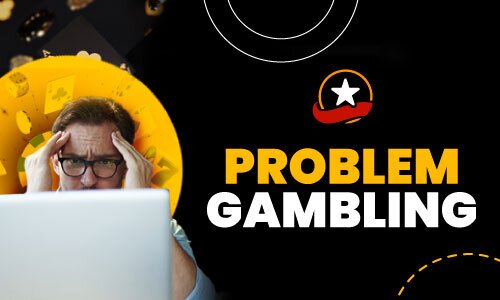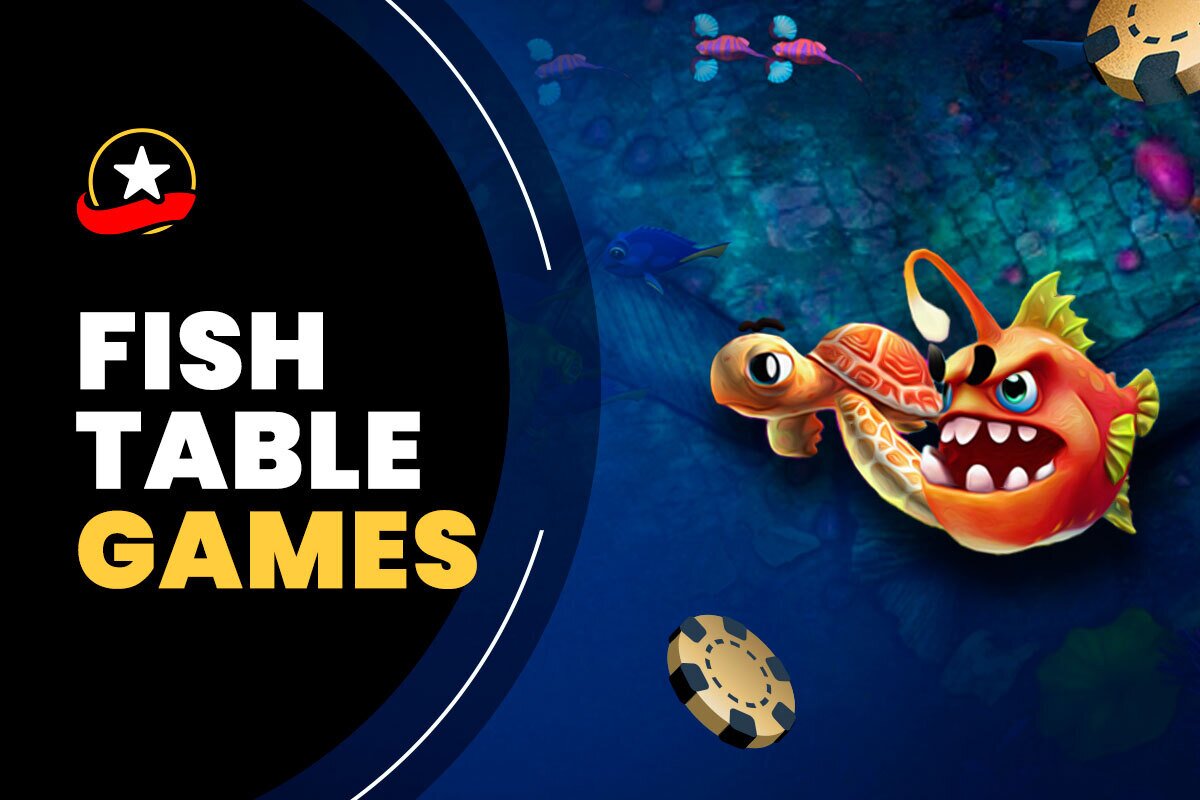
According to the National Center For Responsible Gambling, around 1% of the adult population in the United States has a severe gambling problem, affecting from young adults to seniors.
If you or a loved one are having trouble controlling gambling habits, there is hope.
The good news is that there is a multitude of resources and professionals (both online and offline) available to help you.
Recognizing A Gambling Problem
Problem gambling, also called “ludomania”, is defined by Wikipedia as “repetitive gambling behavior despite harm and negative consequences”.
Although until recently it was considered a compulsion, the American Psychiatric Association has now included it in its list of mental disorders (calling it “gambling disorder”) and considering it an addiction – with many similarities to alcohol or drug addiction.
Gambling activates the brain’s reward system and it is this reward that we seek when we can’t cut back despite the financial losses or negative consequences on our lives and the lives of our loved ones.
Signs Of A Gambling Disorder

To diagnose a gambling disorder, the American Psychiatric Association has determined several diagnostic criteria. If you feel like some of these points describe your attitudes or behavior towards gambling, it is time to get help:
- You need to gamble with increasing amounts of money to get the desired thrill
- You are often thinking about gambling (including how to get more money to gamble or reliving past experiences)
- You feel irritable if you try to cut down or stop gambling
- You’ve made several unsuccessful attempts to stop
- You often gamble in a heightened emotional state (such as feeling anxious, depressed or guilty)
- You find yourself “chasing your losses”
- You lie to others to hide how much time or money you spend gambling
- Gambling has negatively affected or caused you to lose a relationship, job or opportunity
Getting Help
If you feel like you’ve lost the ability to control your impulses when it comes to gambling, there are many things you can do to get better. As with any addiction, the first step is to admit that you’re struggling, understand that it’s not your fault or anything to be ashamed of, and realize that you need help.
These are some of the steps you can take to get back on track:
- Read online resources. Sites like GamblersAnonymous.org and BeGambleAware.org have lots of useful resources, including actionable tips that can help you control your gambling (including gambling blocking software, self-exclusion, limiting gambling ads online, etc.).
- Join a support group. Talking to other people who are going through the same issues can feel very comforting. You will be able to build a support network of people who know what you’re struggling with and can share what they’ve done to get better.
- Seek professional help. Mental health professionals who specialize in addiction will provide the support you need. Problem gambling non-profits often provide a list of psychologists, psychiatrists and associations who are experts in gambling disorders.
- Start a new hobby. Whether it’s a musical instrument or a sport, a new hobby can help you connect with others and find interests and motivation outside of gambling. If you find you often use gambling as a way to relax, meditation, yoga or any type of exercise are a good idea.
- Take care of a pet. Adopting a cat, a dog or any kind of pet and taking care of them can help you cope if you’re feeling isolated or lonely. Don’t underestimate the positive effect that a four-legged friend can have on your life!
It is important to know that there is hope. Most gambling addicts recover with the support of their loved ones or by seeking professional help. Make sure to check the list of resources that we’ve listed below.
Online Resources To Stay Gamble Aware
- Gamblers Anonymous: https://www.gamblersanonymous.org/
- Be Gamble Aware: https://www.begambleaware.org/
- National Council On Problem Gambling: https://www.ncpgambling.org/pgam/
- International Center For Responsible Gaming: https://www.icrg.org/
Helping A Loved One With A Gambling Problem

Gambling disorders don’t only affect the person who suffers them, but also their family and friends. It is often frustrating and deeply upsetting for family members when someone close has a gambling problem. These disorders often impact a whole family’s financial situation, for example.
Joining a support group is also a great idea for family members who want to help a loved one who is struggling. It can help you feel less alone by sharing your experiences with others going through something similar.
If you are trying to support a loved one who is struggling with a gambling disorder, experts in the field recommend the following:
- Let the gambler know that their behavior is affecting you or the family. Help them understand that what they’re doing has consequences.
- Try to avoid letting your anger or frustration take control. Your loved one needs your support to get better.
- Take control of the family’s finances. Review bank statements and credit card bills on a regular basis. Don’t be afraid to set boundaries.
- Don’t expect immediate recovery and recognize your loved ones’ efforts to get better.
- Seek professional help or a support group if you’re feeling lost or struggling emotionally.
Staying Safe When Gambling Online
Even if you don’t feel like you or your loved ones have a gambling problem, it may be useful to check out some of the advice on BeGambleAware.org to make sure you stay safe and in control while gambling.
They share some useful tips on how to avoid losing control of your gambling behaviors, including:
Set a money limit in advance
Decide how much money you will spend gambling before you start, and stick to it. Don’t attempt to chase your losses.Only bet money you can afford to lose
Think of it as an entertainment budget (like what you would spend at the movies or dining out) but do not gamble with your rent or groceries money.Don’t gamble when you’re upset
Your negative feelings may get in the way of making good decisions. Only gamble when you’re feeling happy and well-rested. And definitely avoid drinking or taking drugs while gambling.Enjoy other forms of entertainment
Balance your gambling with other fun activities, including sports, hobbies and spending time with family and friends. When gambling becomes your only form of entertainment, it is likely already a problem.
Following this advice is key to having a safe and enjoyable experience gambling online. Make sure you keep gambling just a small part of the ways in which you relax and have fun!








